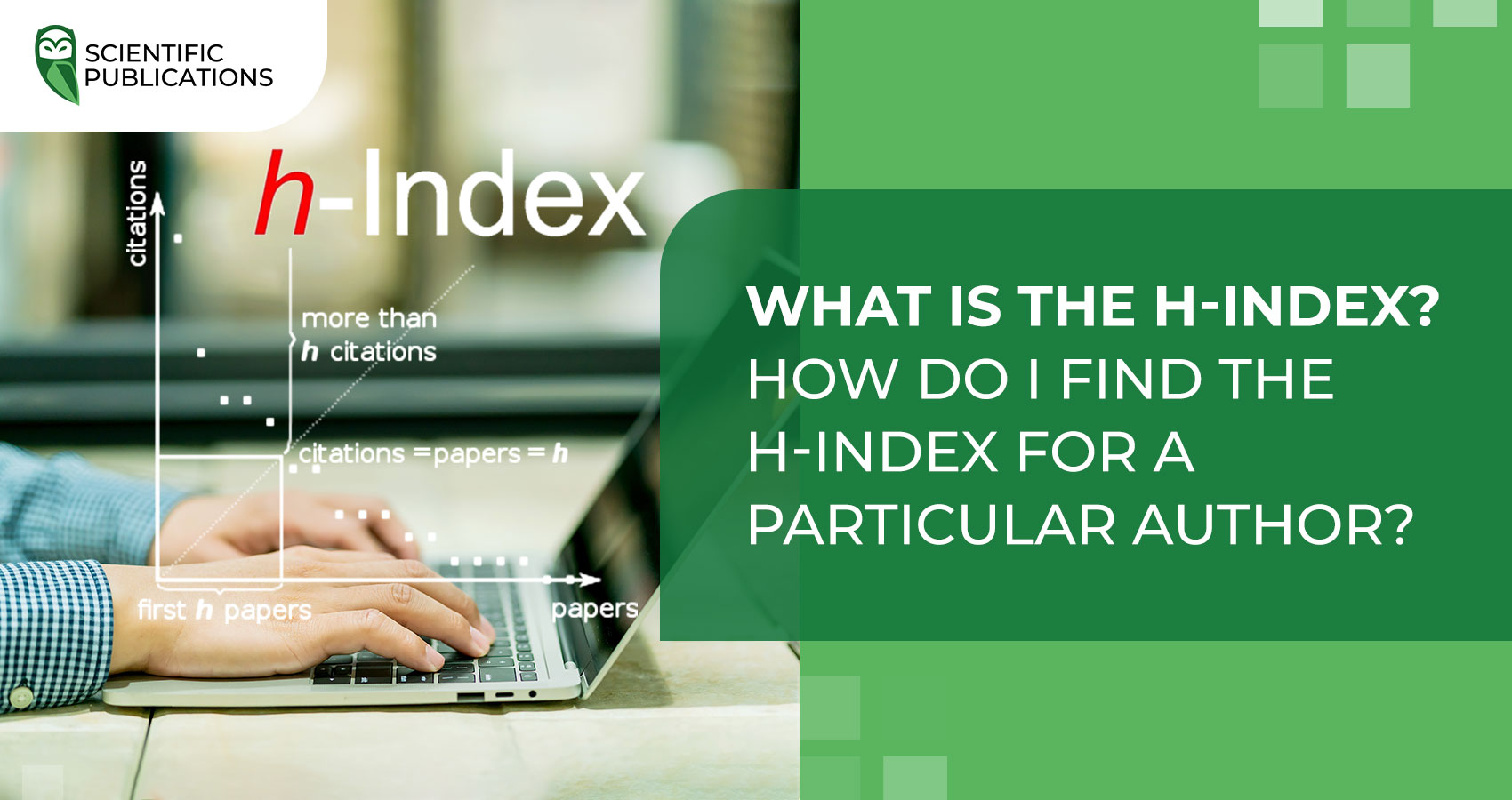For every scientist, the Hirsch index is an important criterion of his or her work. It is a key indicator of the author's credibility and popularity.

The Hirsch index (h-index) is one of the scientometric characteristics that was proposed in 2005 by Jorge Hirsch to quantify the citation level of an author, group of authors, scientific organization, or country as a whole. Its definition is based on the appropriate number of scientific publications and their citations.
The calculation of the Hirsch index can be done both with the help of databases that have a paid subscription (Scopus, Web of Science) and with the help of free publicly available scientometric databases (Google Scholar).
Why is the Hirsch index so important? A high citation level opens up wider horizons for a researcher. With its help, a researcher can build a successful career in any scientific field. A high h-index opens the door to more global research and publications in highly ranked journals.
Against this background, the need to increase the Hirsch index and keep it at a high level is an urgent issue for every researcher. There are many ways to address this issue, but we will focus on the main and most effective tips.
Top 7 tips on how to increase the Hirsch index
-
The results of your work should be relevant to a wide range of scientists. Keep in touch with colleagues who are engaged in research in your field, exchange data, relevant information and, of course, links. Analyze the citations of your already published works. This will allow you to assess the relevance of the topic and direction of research.
-
Choose an appropriate journal to publish in. Give preference to publications in journals from reputable journals such as Scopus and Web of Science. Whenever possible, choose journals ranked in the first or second quartile, as the interest in such journals is much higher, and the citation rate is also higher.
-
When submitting an application, be sure to check the correctness of the specified metadata. This includes the title, abstract, keywords, and author information. Always use the same spelling of the last name and first name or initials in a foreign language.
-
At the start of your career, try to write more materials in co-authorship with well-known authors who have high scientific performance. This approach will have a positive impact on your credibility and will help you advance more quickly in the scientific community.
-
Self-citation is also a method that can improve the h-index. However, do not abuse this opportunity, because according to publication ethics, the number of self-citations in a paper should not exceed 12-13% of the total number of sources. In addition, some scientometric databases do not take into account the authors' references to their own articles in the calculation of the Hirsch index, as this approach allows for more objective results.
-
Use social media to improve your scientometric performance. Do not be afraid to advertise your work to a wide audience, as most people in the modern world are active users of various social networks. LinkedIn, Twitter, and Facebook have the best coverage, but some scientists find their audience even on platforms such as Instagram and TikTok. Many foreign journals have their own Twitter pages, where they actively display information about publications and scientific news, so it will not be difficult to find places to get inspiration for your page.
-
Registration in ResearchGate also helps to increase the level of citation. This is a special global social network for scientists, where you will find useful contacts and be able to promote your work in the scientific world. On ResearchGate, each user can publish their work, receive valuable comments, and participate in the discussion of other works. This is a great way to significantly expand your circle of scientific contacts, which will help to increase the level of citation in the future.
Do not forget that the h-index of one person in different databases may also differ in values, and this also applies to other scientometric characteristics. This indicator is influenced by the field of research, the chosen journal, and the database for publications.
If you have any questions, our team is always ready to provide comprehensive advice. In addition, we can help you with increasing the Hirsch index in Scopus, Web of Science, or Google Scholar, selecting a quality journal, and publishing your research paper. Leave a request on our website and a personal manager will contact you as soon as possible.





